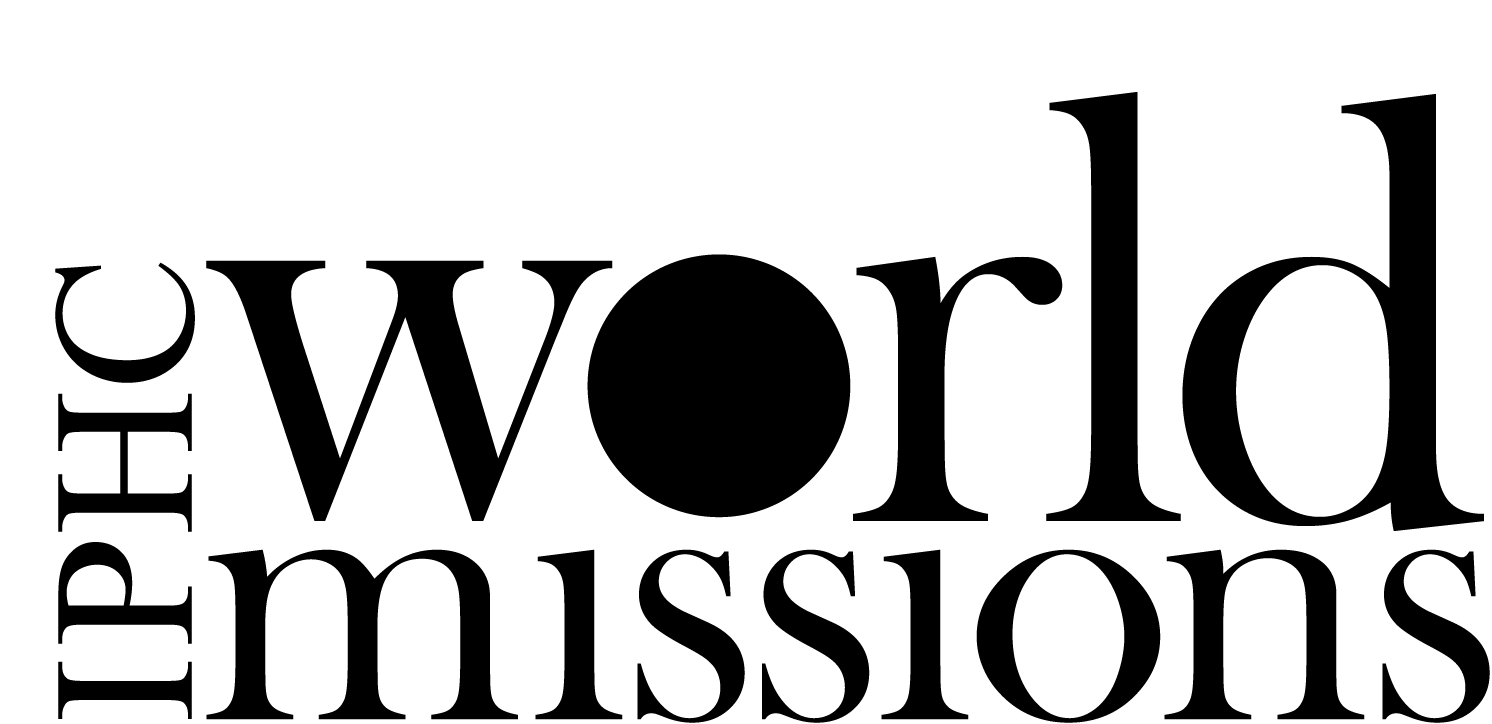
I sat forward on the stiff couch, reaching for another chapati and refilling my plate with another serving of mokimo, rice, and stew. I was quickly learning that Eunice not only had a tremendous heart for the people in her community, but that she was also a gifted cook. Being a mgeni (visitor) in her home definitely had it’s perks. Over the course of the meal I listened to Joseph and Eunice share their vision for their church school that meets the needs of the children in their rural and impoverished community. Through education, a feeding program, and introducing the children to the love of Christ, they offer the children an opportunity to overcome the shackles of poverty and to make a lasting difference in their communities. I was moved by their vision and my heart was filled with their compassion and passion. Little did I know that this meal was just the beginning of a lasting friendship and partnership. Over the next several years we would share many meals together and become partners in ministry. Our children would one day play together, and one of their future children would even share my name.
With a full stomach and a happy heart, I leaned back and accepted a cup of creamy and sweet chai. As we continued to discuss their ministry and how we could partner together, I was distracted by the growing number of children that were gathering at the door, many of which ventured inside for a bite to eat. Eunice casually and quietly stepped to the side to offer food to each of the children. As the number of children continued to multiply, I was curious as to why they were all there. Surely this fairly-young couple wasn’t responsible for so many young children. Perhaps these were the children from the school, but that seemed unlikely as the school wasn’t necessarily close by. After observing this for several moments, I finally asked Joseph,“Who are all of these children? Are these your kids, or the kids from the school?” He glanced around as if he hadn’t noticed the horde of children that had gathered. He went on to tell me that these were neither theirs nor the school children, but that they were from the surrounding neighborhood and community. I asked him if they always took their meals here, he chuckled and replied, “Not always, but when we have enough food.” I was moved. I told him that it was refreshing to see such openness and generosity. He looked a little surprised by my comment, and replied, “We have food, as a Christian how could we not give it to these that have need.” He went on to explain that the greatest need of the people in this community was their need for food. How could his family deny this need when they have the ability to meet it? Now, I was humbled and convicted. He explained to me a belief that is deeply rooted in their culture: “I live because we live, and we live because I live.” A belief that we are all in this together, and we are all responsible for one another. I was challenged by this beautiful approach to life, this counter-cultural worldview.
I pondered the situation before me, and I had to ask myself, “Am I generous enough?” Looking around at the simple and humble home of my hosts, I was acutely aware of their own need, but yet their generosity flowed freely. I was reminded of the widow that Jesus spoke of in Luke 21 when he said, “Truly I say to you that this poor widow has put in more than all for all these out of their abundance have put in offerings for God, but she out of her poverty put in all the livelihood that she had.” We are often generous when there is an abundance, but do we do the same when we have great need ourselves? To be able to look past our own need and to be concerned with the needs of others is a revolutionary, counter-cultural type of generosity and love. The sharp and poignant words of Mother Teresa remind us, “If our poor die of hunger, it is not because God does not care for them. Rather, it is because you not I are generous enough” (No Greater Love). These words seem extreme and probably sting our pride. We may even disagree with their sentiment, but we would be wise to prayerfully examine these words before dismissing them. We may find that there is great truth, a calling and a challenge within. After all, in the words of minister, author, and Pulitzer-Prize finalist, Frederich Buechner, “To lend each other a hand when we’re falling….Perhaps that’s the only work that matters in the end” (Brendan).



